It can be a hassle to go to the dentist at least twice a year, especially if you have anxiety about visiting the dentist. Dental anxiety is a common issue among patients. In fact, it affects nearly one-third of adults. If you have dental anxiety, you may consider avoiding the dentist if you can. However, routine dental appointments are vital for your oral health.
Dental checkups allow your dental team to evaluate your oral health, keeping you as healthy as possible. It is better to catch a problem early than to let it worsen. Going to the dentist for your routine checkups can benefit you for years to come.

Early Prevention
During your routine appointments, your dentist will take x-rays of your teeth and mouth. It will allow your dental team to get a better idea of your complete oral health. Although your dentist will perform a full inspection of your teeth, an X-ray will let them see what is happening underneath the surface of your teeth. It is possible that a cavity can look small on the surface, but an x-ray can reveal much more damage that your dentist will need to address.
Even the smallest of cavities can turn into big issues if you don’t seek treatment. When you go to the dentist regularly, you have the opportunity for them to examine your teeth. If you have a problem developing, they will be able to catch it before it creates significant damage to your teeth and mouth.
Dental Cleanings
When you go to your routine dental appointments, you will receive a teeth cleaning. Even if you have a good oral care routine, you need dental cleanings. This is because your dental hygienist can clean your teeth better than you can at home. A dental hygienist has more knowledge about cleaning techniques and better tools. Therefore, they can remove plaque more efficiently, making it an essential part of your dental care.
With a metal scaler, your hygienist will remove plaque from underneath your gum line, between your teeth, and other hard-to-reach areas. Additionally, they use a high-powered toothbrush and a gritty toothpaste to polish your teeth. Not only does this remove any remaining plaque, but it will also help remove some surface stains. This can gently lift the shade of your teeth.
Address Oral Hygiene Routine
During your appointment, your dentist will likely ask you questions about your oral health routine, especially if they notice an issue. For example, your dentist will be able to notice if you don’t floss regularly. This may be evident due to swollen or bleeding gums. Therefore, they will recommend a flossing routine to keep your gums healthy.
In addition, your dentist will be able to tell if you are brushing your teeth too hard. They may be able to tell this by receding gums or thinning enamel. It is important to address this habit before it destroys your gums or enamel.

